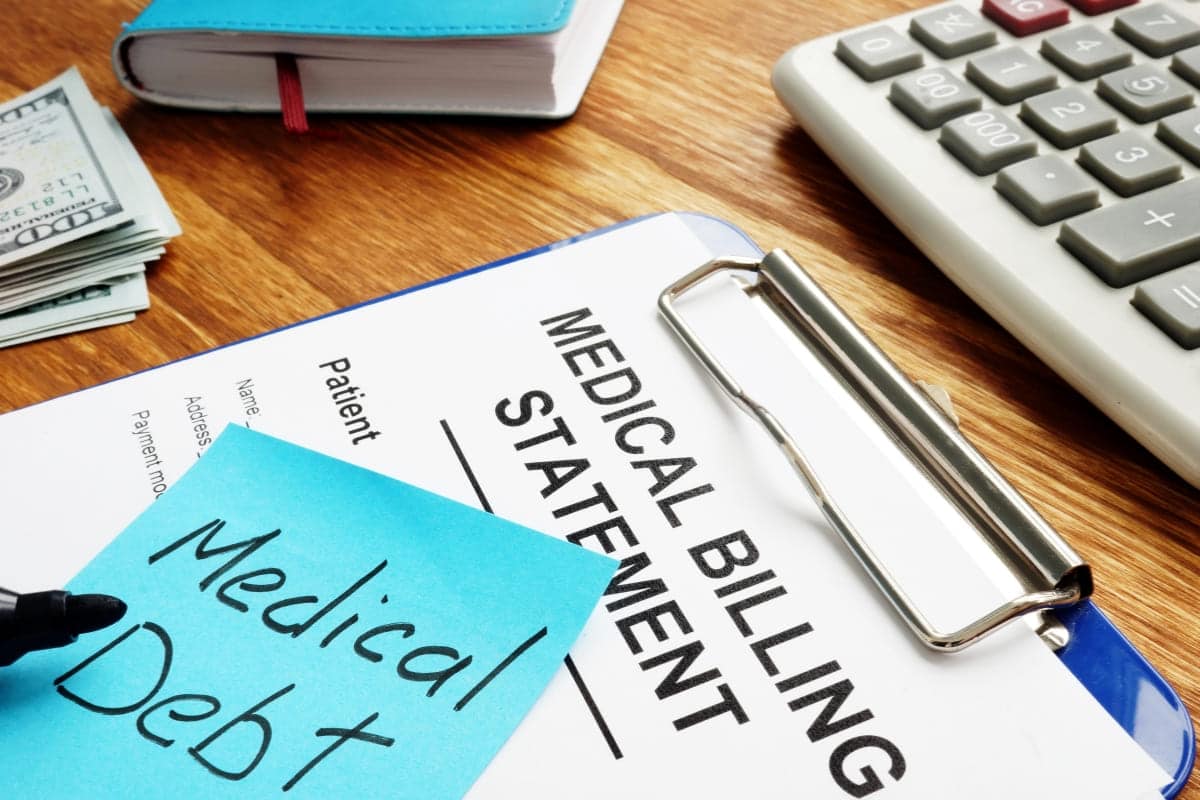Medical Debt
Medical debt is a financial challenge that millions of individuals and families face. It often arises unexpectedly due to illness, injury, or medical emergencies, and can quickly become overwhelming. In this guide, we will explore what medical debt is, how it occurs, and provide strategies for understanding, managing, and overcoming it.
Understanding Medical Debt
Medical debt is the result of unpaid medical bills accrued for healthcare services, treatments, or procedures. It can originate from various sources, including:
-
Hospital Bills: Charges for hospital stays, surgeries, tests, and emergency room visits.
-
Doctor’s Bills: Fees from healthcare providers, specialists, and primary care physicians.
-
Prescription Costs: Expenses related to medications and medical equipment.
-
Dental and Vision Care: Bills for dental procedures, eye exams, and eyeglasses or contact lenses.
Causes of Medical Debt
Several factors contribute to the accumulation of medical debt:
-
Inadequate or Lack of Insurance: Insufficient health insurance coverage or the absence of insurance can lead to high out-of-pocket expenses.
-
High Medical Costs: The rising cost of healthcare in some regions can result in substantial bills, even for those with insurance.
-
Unexpected Medical Events: Emergencies, unexpected illnesses, or accidents can result in costly medical treatment.
-
Complex Billing: The complexity of medical billing systems can lead to confusion and disputes over charges.
Managing Medical Debt
If you’re facing medical debt, consider these strategies to manage and address the situation:
-
Review Bills Carefully: Scrutinize medical bills for errors or discrepancies. If you find any inaccuracies, contact the provider’s billing department to rectify them.
-
Understand Insurance Coverage: Familiarize yourself with your insurance policy to ensure you receive the maximum coverage available.
-
Negotiate Payment Plans: Contact healthcare providers to discuss payment options or negotiate a more manageable payment plan.
-
Seek Financial Assistance: Inquire about financial assistance programs offered by hospitals or healthcare organizations. These programs may provide reduced fees or grants based on your income.
-
Medicaid or Medicare: Depending on your eligibility, you may qualify for Medicaid or Medicare, government programs that offer assistance with medical expenses.
-
Consult a Medical Billing Advocate: Consider hiring a medical billing advocate or expert to help navigate complex billing issues and negotiate on your behalf.
-
Budget Wisely: Create a budget that includes your medical debt payments. Prioritize these payments to prevent further financial strain.
Avoiding Future Medical Debt
To prevent future medical debt, take proactive steps:
-
Maintain Health Insurance: Ensure you have adequate health insurance coverage for your needs.
-
Emergency Fund: Establish an emergency fund to cover unexpected medical expenses.
-
Regular Check-Ups: Schedule routine check-ups to detect and address health issues before they become costly emergencies.
-
In-Network Providers: When possible, choose healthcare providers and facilities that are in-network with your insurance plan.
-
Stay Informed: Understand your insurance policy terms, coverage limits, and any required pre-authorizations.
Conclusion: Overcoming Medical Debt
Medical debt can be overwhelming, but it’s not insurmountable. By taking proactive steps to manage current debt, exploring financial assistance options, and making informed healthcare choices, you can navigate the challenges of medical debt and work toward a healthier financial future. Remember that you are not alone, and there are resources available to help you overcome this financial hurdle.
อ่านบทความทั้งหมด >>> Accounting Office
Accounting service Tel.084-343-8968 (POND)



